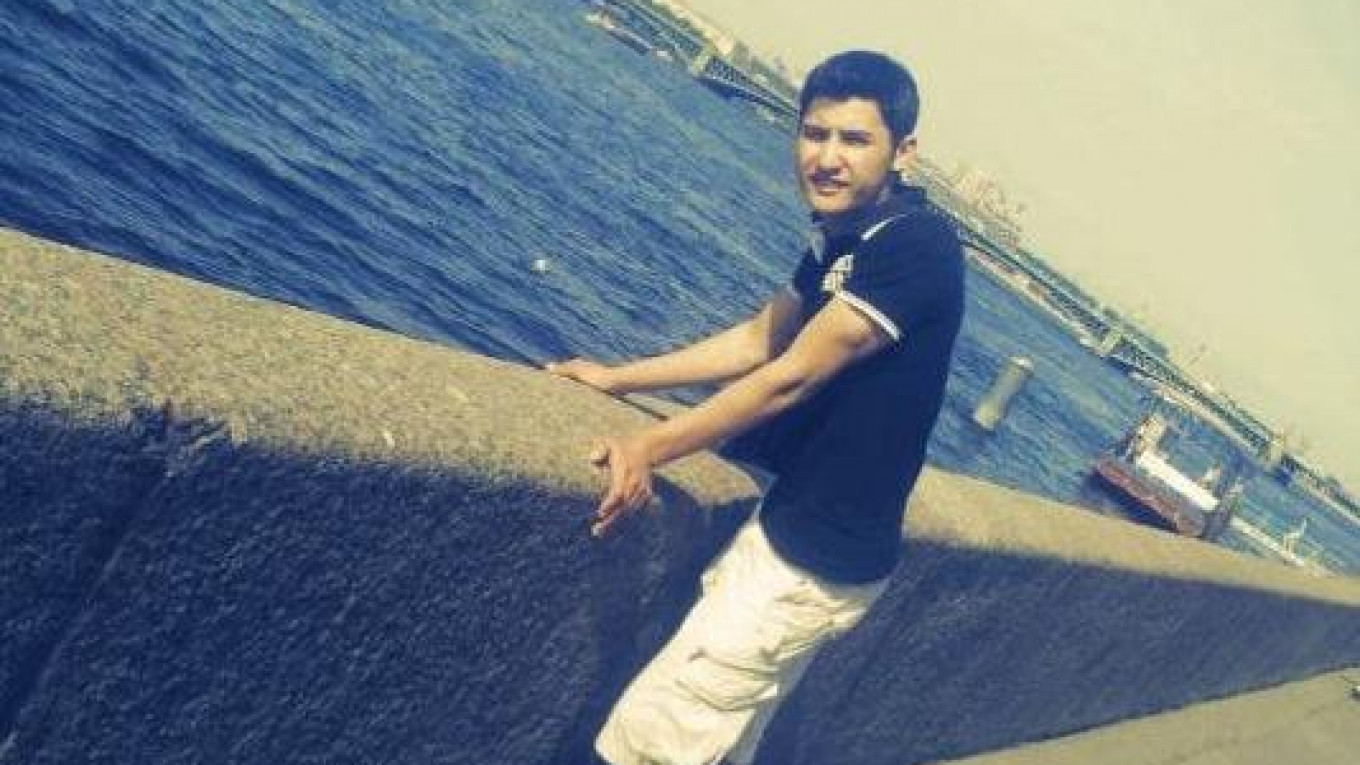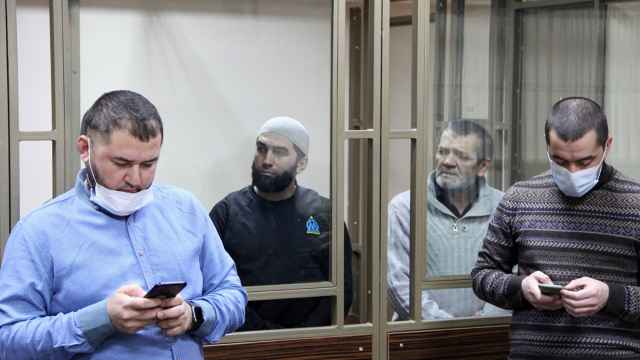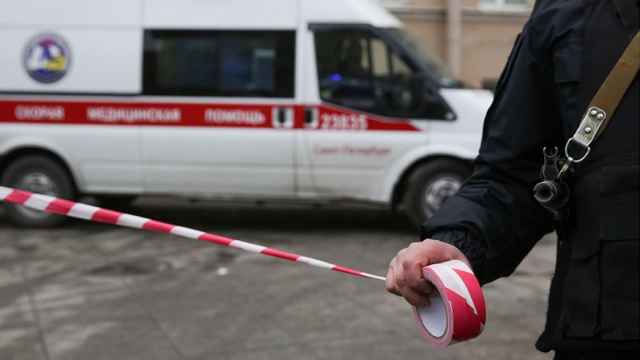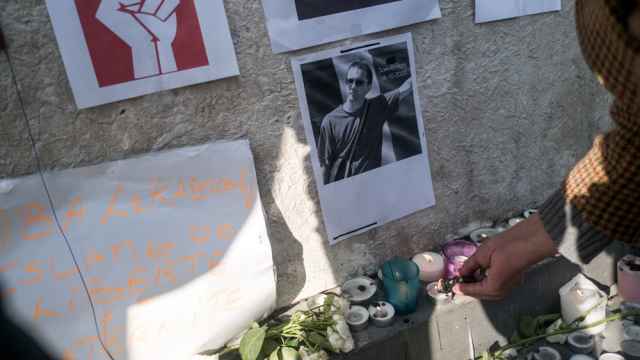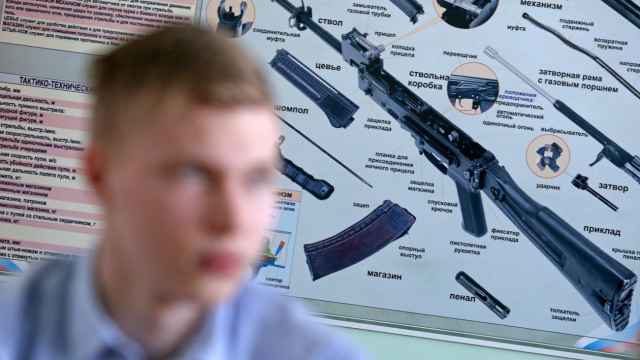Last Monday, 22-year-old Akbarzhon Dzhalilov detonated a homemade bomb on the St. Petersburg metro. The explosion, which killed 14 people and injured dozens more, marked the first terror attack to take place in the city in modern history.
One week on Russian police have pieced together a clearer picture of Dzhalilov and his background. This is what the media has reported so far.
* Teachers and family members described Dzhalilov as a quiet child with average grades. He was interested in sport, computer science and Russian.
* Dzhalilov dropped out of school in the eighth grade, eventually moving to St. Petersburg in 2011.
* He went on to work a series of low-paid jobs, eventually finding a position as a chef in a Moscow sushi chain.
* His family told the RBC news outlet that Dzhalilov sent them between 15,000 rubles ($262) and 20,000 rubles ($350) in remittances every month.
* A former colleague who worked alongside Dzhalilov in the restaurant in 2014 described him as an even-tempered young man who did not drink or swear.
* The colleague told the Reuters news agency that Dzhalilov developed an interest in Islam that year. He began visiting the mosque, reading the Koran, and grew a beard. But he showed no signs of religious extremism, the source said.
* A second former colleague told Reuters that Dzhalilov developed an interest in religion, but stressed that he “never tried to push his faith onto anyone else.”
* The source also said that Dzhalilov had told colleagues about a trip to Turkey in November 2015. He said that he planned to join his uncle in the Turkish region of Antalya.
* Dzhalilov's uncle, Khasan Kuchkarov, told the Reuters news agency that he had lived in Antalya but left in September 2015. He said that he was unaware of his nephew's supposed visit.
* Dzhalilov was deported from Turkey in December 2016, according to the Turkish newspaper Yeni Akit. An unnamed source told the newspaper that the 22-year-old chose to be deported after authorities found that he had overstayed his visa. A government source confirmed the information with Russia's RBC news outlet, adding that Dzhalilov would have been banned from re-entering Turkey for another 5 years.
* Dzhalilov's younger brother Akhror told the RBC news agency that his brother returned to Osh, in Kyrgyzstan, in February 2017. He told relatives that he wanted to move back to the city and settle down.
* Akhror also said that he saw no signs of religious radicalism in his brother, who reportedly did not pray or visit the local mosque.
* Dzhalilov's family do not believe that he intended to carry out a suicide bombing. They told RBC that the 22-year-old could have been tricked into carrying a rucksack, which was then detonated remotely.
* An unnamed source in the Kyrgyz government told RBC that nobody in Dzhalilov's family had been under observation by the government, or on any kind of terror watchlist.
* Russian law enforcement agencies have so far detained eight people on suspicion of involvement in the metro bombing. Six were detained at an apartment in a residential suburb of St Petersburg on April 5, while two were arrested in Moscow.
* An explosive device found in the apartment of Dzhalilov's alleged accomplices was defused by Russian special forces.
A Message from The Moscow Times:
Dear readers,
We are facing unprecedented challenges. Russia's Prosecutor General's Office has designated The Moscow Times as an "undesirable" organization, criminalizing our work and putting our staff at risk of prosecution. This follows our earlier unjust labeling as a "foreign agent."
These actions are direct attempts to silence independent journalism in Russia. The authorities claim our work "discredits the decisions of the Russian leadership." We see things differently: we strive to provide accurate, unbiased reporting on Russia.
We, the journalists of The Moscow Times, refuse to be silenced. But to continue our work, we need your help.
Your support, no matter how small, makes a world of difference. If you can, please support us monthly starting from just $2. It's quick to set up, and every contribution makes a significant impact.
By supporting The Moscow Times, you're defending open, independent journalism in the face of repression. Thank you for standing with us.
Remind me later.



